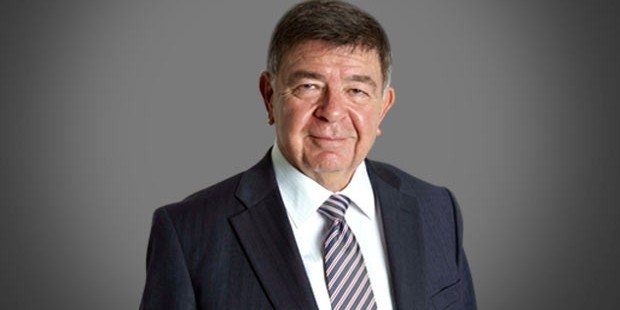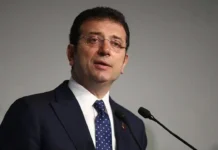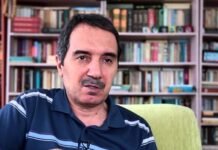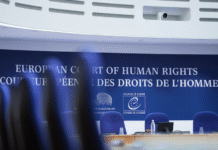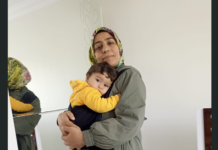Turkish journalist Şahin Alpay in an interview on Friday linked his jailing after a coup attempt in Turkey on July 15, 2016 to his criticism of the ruling Justice and Development Party’s (AKP) authoritarian drift.
Alpay recounted his life and reflections on Turkish politics in an interview broadcast on KHK TV’s YouTube channel, a platform dedicated to sharing the stories of people who were fired from their jobs by government decrees in the aftermath of the attempted coup in 2016.
Identified as a Marxist-Leninist in his youth, Alpay fled Turkey in 1972 to avoid arrest. He spent eight months receiving military training in Palestinian resistance camps. Later, seeking to distance himself from armed revolutionary ideology, he moved to Sweden, where he completed his Ph.D.
After years in exile, he says he embraced pluralist, liberal democracy, shaped by Sweden’s blend of equality and freedom. He argued that for Turkey to become a pluralist and liberal democracy, its religious majority must embrace an interpretation of Islam compatible with democracy, freedom and personal liberties.
The first group that seemed to fit that search, he said, was the Gülen movement, which he described as “a promising interpretation that reconciles Islam with democracy and the liberal market economy, and that supports Turkey’s integration with the West.” By contrast, he criticized Islamist Welfare (Refah) Party, a precursor of the ruling AKP, for advancing a majoritarian view of power that in his view showed little regard for fundamental rights and liberties.
The Gülen movement is a worldwide civic initiative rooted in the spiritual and humanistic tradition of Islam and inspired by the ideas of Fethullah Gülen, a Turkish cleric who died in Pennsylvania in October 2024. It is best known for a global network of schools, education charities and interfaith-dialogue initiatives.
Alpay said he initially supported the AKP due to its early commitment to basic rights and freedoms. However, he became critical after 2010, as it developed a majoritarian understanding of democracy, in which “those in power can do whatever they want, and fundamental rights and freedoms are of diminishing importance.”
Turkish President Recep Tayyip Erdoğan has been targeting followers of the Gülen movement since corruption investigations in December 2013 implicated him as well as some members of his family and inner circle.
Dismissing the investigations as a Gülenist coup and a conspiracy against his government, Erdoğan began to target the movement’s members. He designated the movement as a terrorist organization in May 2016 and intensified the crackdown on it following an abortive putsch in July of the same year that he accused Gülen of masterminding. The movement strongly denies involvement in the coup attempt or any terrorist activity.
Alpay said he expected to be detained after the coup attempt but thought it would be brief. He received a call from the Swedish consul general in İstanbul, who warned he could be in trouble and suggested he go to Sweden, offering his help. He declined, believing that even if detained he would be released within months and did not want to leave his wife and children behind, fearing authorities might prevent them from joining him.
Alpay was arrested after the July 15, 2016 coup attempt on terrorism-related charges. “I spent 20 months in prison and two months under house arrest,” he said. “I never understood why I was jailed because I never supported a coup nor adopted authoritarian views.”
He remained in pretrial detention until March 2018, when he was released into house arrest after a ruling by Turkey’s Constitutional Court. Two months later his house arrest was lifted. In separate rulings, both the Constitutional Court and the European Court of Human Rights later awarded him compensation for unlawful detention. In 2022 Alpay was sentenced to two years, six months for aiding and abetting an armed terrorist organization. The appeal is currently under review.
Alpay said he drafted a two-volume memoir while in prison but struggled to find a publisher since even acquaintances “found excuses.” He eventually found one but says the books are not available in bookstores and are sold only online.
According to Expression Interrupted, a press freedom monitoring group, 28 journalists are currently behind bars in Turkey. The country’s deteriorating media landscape was further pointed out in the 2025 World Press Freedom Index published by Reporters Without Borders (RSF), where it was ranked 159th out of 180 nations.

